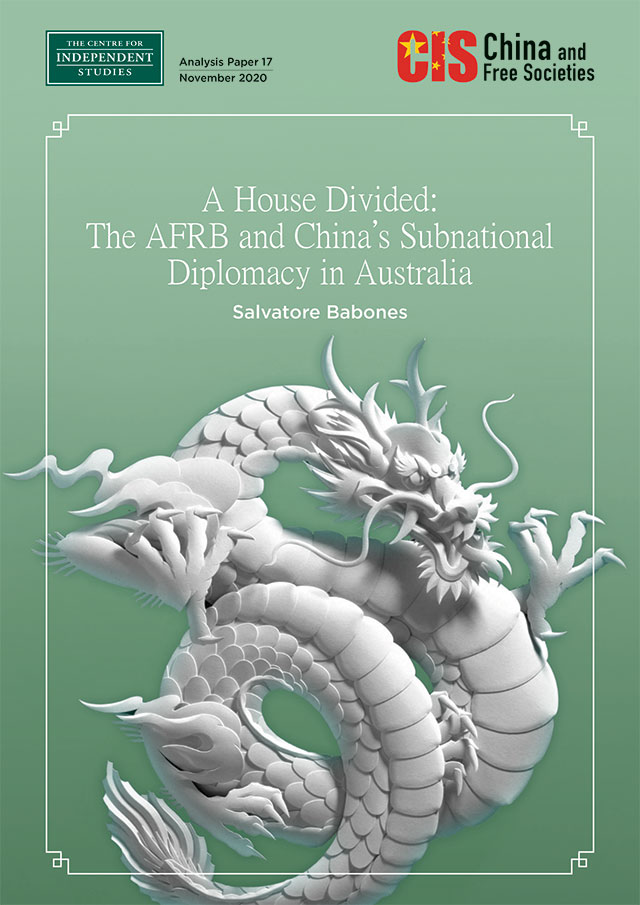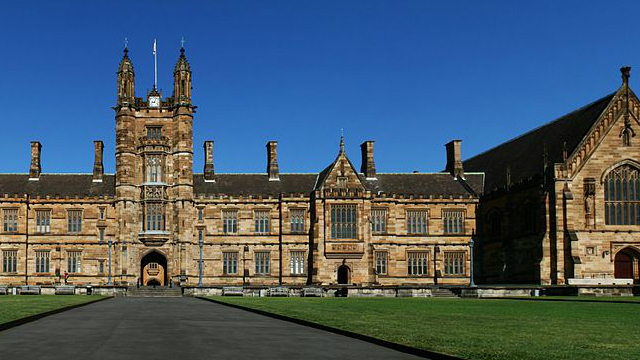
This paper examines China’s subnational diplomacy in Australia and the suitability of Australia’s Foreign Relations Bill (AFRB) as a tool for countering it. The AFRB is designed to help the Commonwealth keep tabs on international diplomacy involving Australian states, territories, local governments, and public universities. The obvious target of the bill is China, which has systematically circumvented traditional international diplomacy by building relationships directly with states and territories. The AFRB would give the foreign minister the authority to abrogate agreements like Victoria’s deal to join China’s Belt and Road Initiative (BRI) and require federal pre-approval for any similar moves in the future. It would also allow the Commonwealth to review and potentially cancel Australian universities’ 13 China-sponsored Confucius Institutes. As written, however, the AFRB is bureaucratically heavy-handed and would continue to allow subnational diplomacy to be conducted in the shadows, away from public scrutiny. It will do more to help the Commonwealth avoid political embarrassment than to quash untoward foreign influence over Australian subnational governments and public universities. A better approach to managing foreign influence and interference would be to expose subnational foreign government agreements to proper public oversight through much higher levels of mandatory public disclosure.
Image courtesy of Jeff Nishinaka Paper Sculpture










